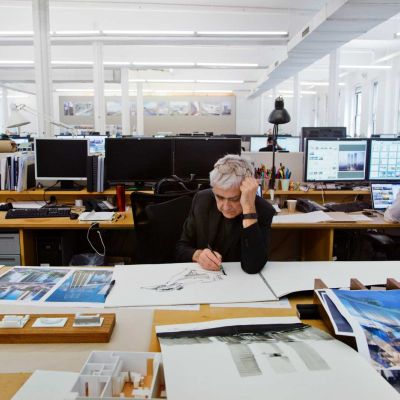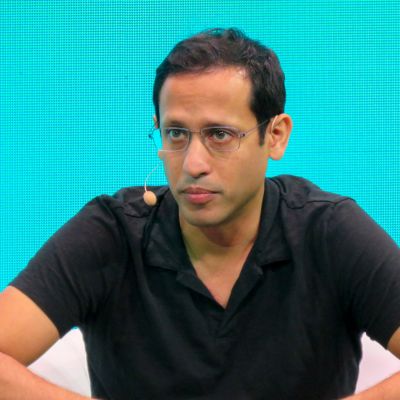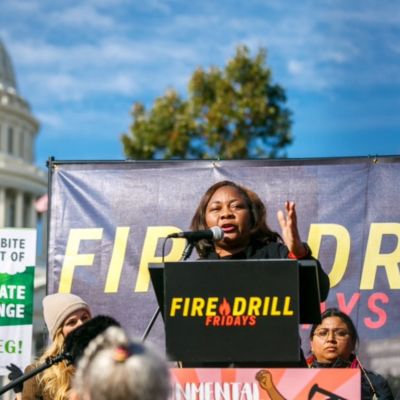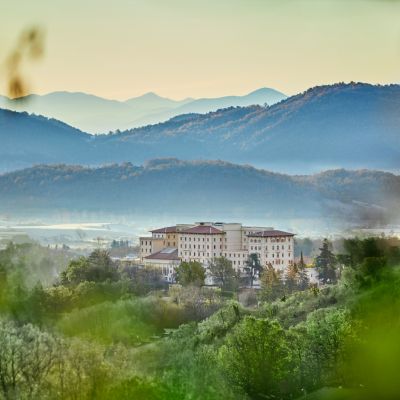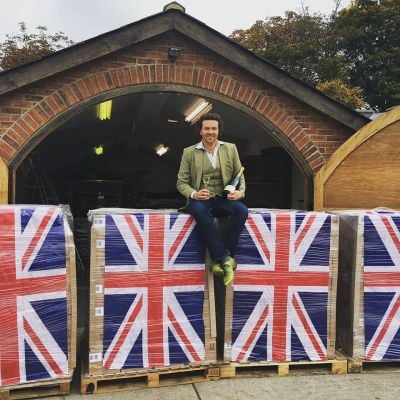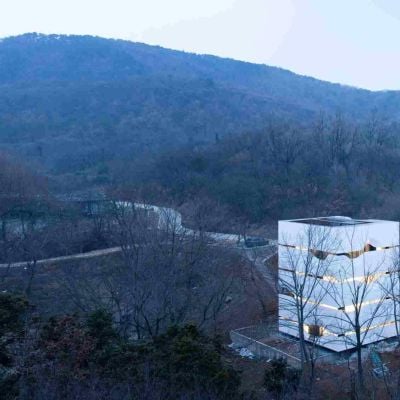The Father of Renewable Energy
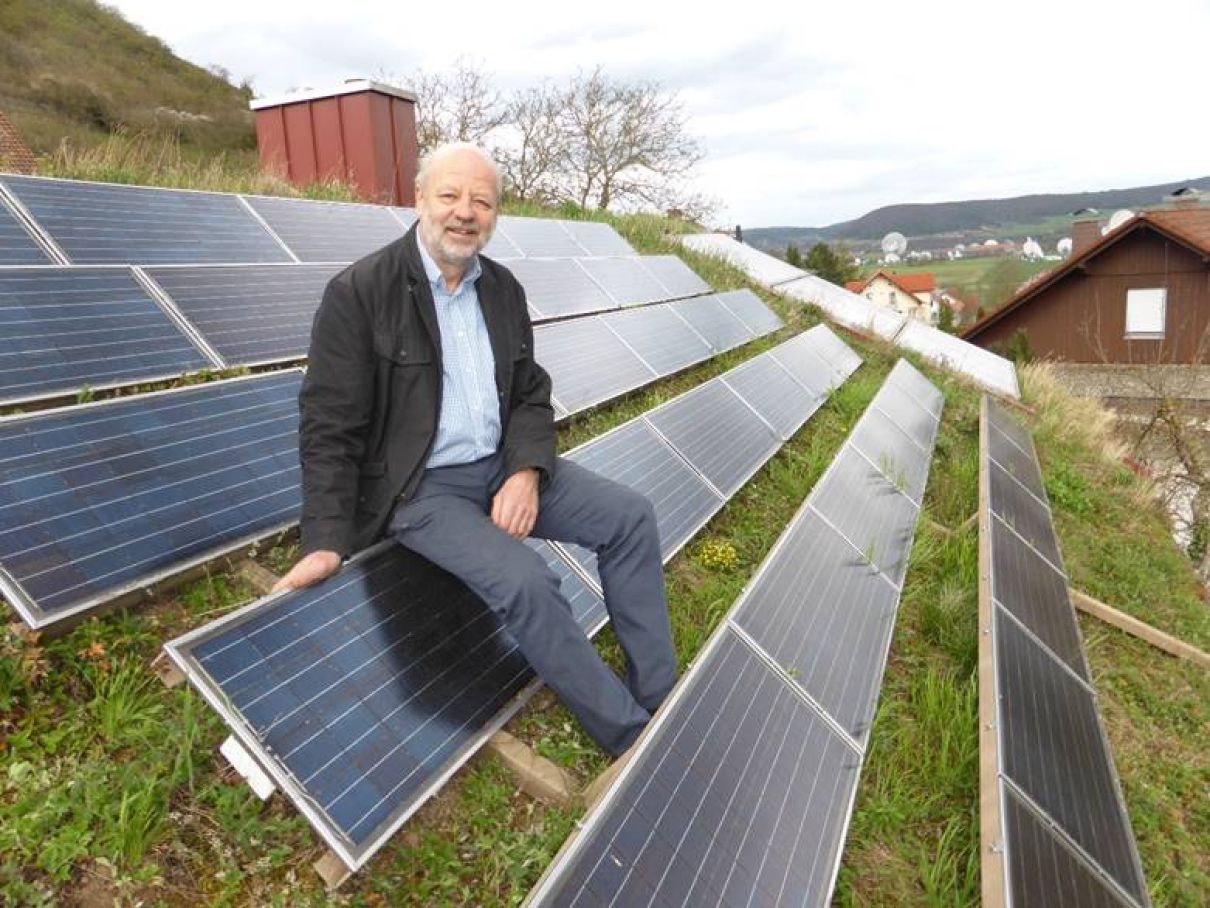
Hans-Josef Fell was one of the most influential politicians of the renewable energy movement. Forty years since he began his campaign, he is increasingly frustrated.

Back in 1980, Hans-Josef Fell was working as a physics teacher in Germany’s mountainous Bavaria region. He wasn’t rich, subsisting on a teacher’s salary with three young children. But he decided to do something remarkable.
Fell designed and built his own house as the world’s first 100 percent zero-carbon home, that by the mid-1990s had met its goal of running on 100 percent renewable energy.
If it seems a daunting prospect now to create a carbonless home, back then it was unheard of. But Fell insists it wasn’t too hard.
“The investments in my house were not difficult and I was able to finance them even with my limited income,” he says. Looking at his quaint, chalet-style house from the outside, it is only the roof, covered in solar panels and green vegetation, that gives away its eco-credentials. Inside, there is a plant room dedicated to heating water with solar and geo-thermals, but otherwise the house looks homely, comfortable, and quite ordinary.
It was the realisation of how easy it was to integrate renewables into everyday life, that led Fell into politics. He wrote the Renewable Energy Sources Act (EEG) which was adopted in 2000. The law guarantees cost-covering feed-in tariffs for electricity from biomass, wind power, and solar power, and aimed to increase the percentage of renewable energy used in Germany to 12.5 percent by the year 2010 and 20 percent by 2020. Fell also initiated legislation exempting biofuels from tax and was actively involved in establishing the legislative framework for renewables at the European level.
But four decades on from the start of his political career, Fell is frustrated by the pace of change. He argues for 100 percent renewable energy; sharing his view that energy transition is no longer a question of technical feasibility, but of political will.
“With the current political and economic activities, the crucial goal of keeping global warming under 1.5°C cannot be achieved,” he says during an acceptance speech for the Lui Che Woo prize for Sustainability. “Today we do not have a world that is sustainable. But when leaders in government, business and science, and the people, work together, we can achieve it,” he says.
He points out that there are some great pockets of renewable energy: cities and countries that have dedicated themselves to the cause and should provide a blueprint for the rest of the world. For example, the German town of Haßfurt, or the long-distance electricity supplier Überlandwerk Mainfranken in Germany, which has managed to integrate its customers into a 100 percent electric power supply.
Stockholm in Sweden has made public transport almost 100 percent renewable, while many major cities are following suit: Sydney; Vancouver; San Francisco; Munich; Frankfurt; Barcelona; Geneva; and Doha. Entire countries such as Costa Rica, Sweden, Denmark, Uruguay, Iceland and over 50 others have set a goal to achieve 100 percent renewable energy.
Corporates are pioneering change too. “More and more investors, banks, insurance companies and governments realise that financing the fossil and nuclear industry is not a worthwhile investment. Assets worth more than US$6.4 trillion have already been divested into renewables and this number is growing at a rapid rate,” says Fell.
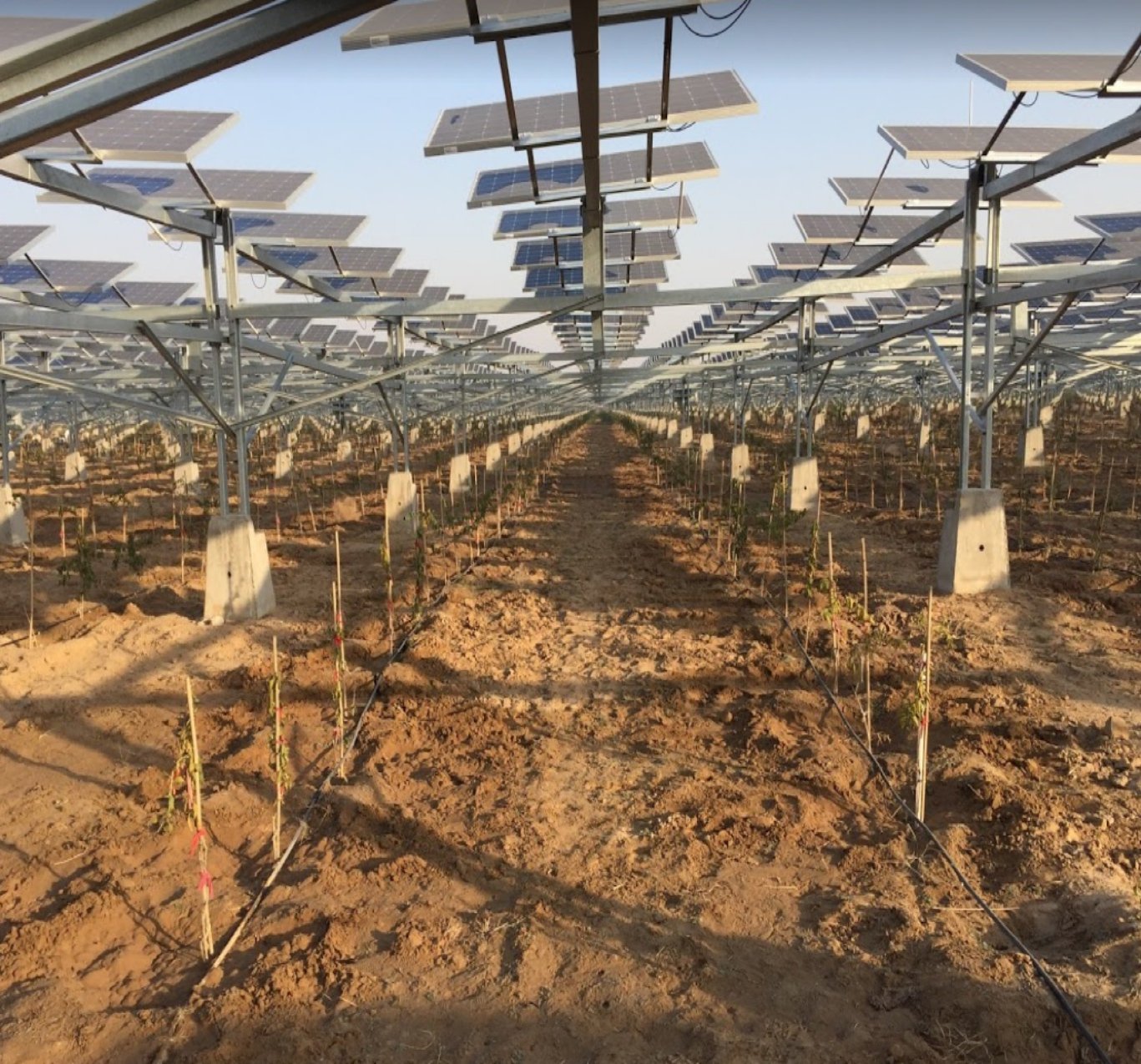
But despite more subscription to the cause, it could be too little, too late. The latest wave of record-high temperatures and extreme weather events underlines the acceleration of global warming. According to the Global Peace Index, the countries that harbour oil are often those that are conflicted in war. Nearly 80 percent of greenhouse gas emissions are traced back to the use of fossil fuels — mainly from power, intensive agriculture, plastics and traffic. “Twenty million climate change and war refugees are reason enough to overcome the remaining obstacles and to complete the global transition to 100 percent renewable energy by 2030 at the latest,” argues Fell.
Major education campaigns by governments, NGOs and media are required to inform the population about their responsibility as well as the actions needed, reckons Fell. “The new lifestyle should be: ‘It’s cool to be environmentally conscious, it’s great to produce my own solar energy.’ The contrary should no longer be acceptable. We need campaigns for such a paradigm shift.”
As the costs of renewable energies such as solar and wind continue to fall, transitioning to a zero-emission economy based on 100 percent renewable energy sources shouldn’t be out of reach.
“Renewable energy is abundant, the sun delivers more than 10,000 times the amount of energy that humankind needs,” says Fell. “More people are realising that climate protection with 100 percent renewable energy is an economic advantage, and not a burden.” He adds that the majority of changes could be made within just a decade.
The question of whether this will happen fast enough so that 1.5°C will not be exceeded is still moot. But the opportunities are very much there, and if they are seized and exploited quickly enough, the goal can be realised.
This article originally appeared in Billionaire's Visionaries Issue, March 2019. To subscribe contact

